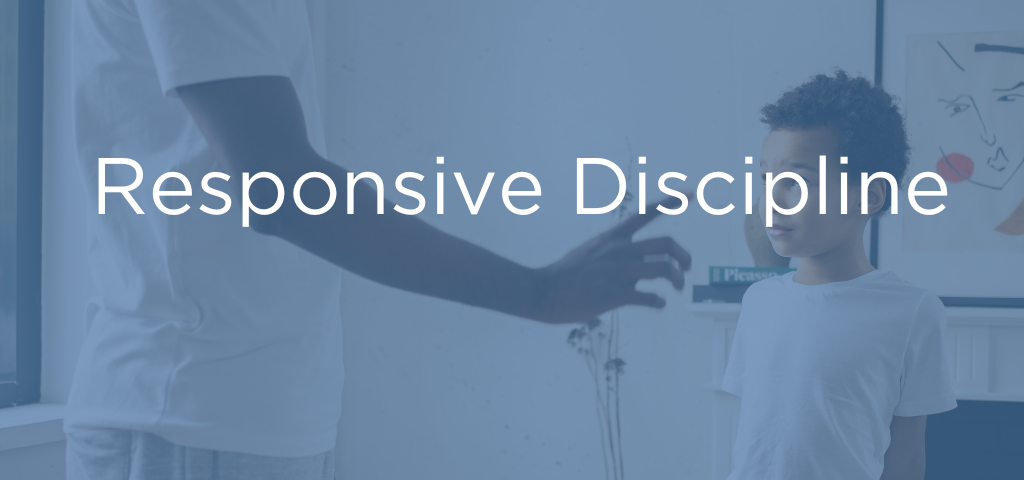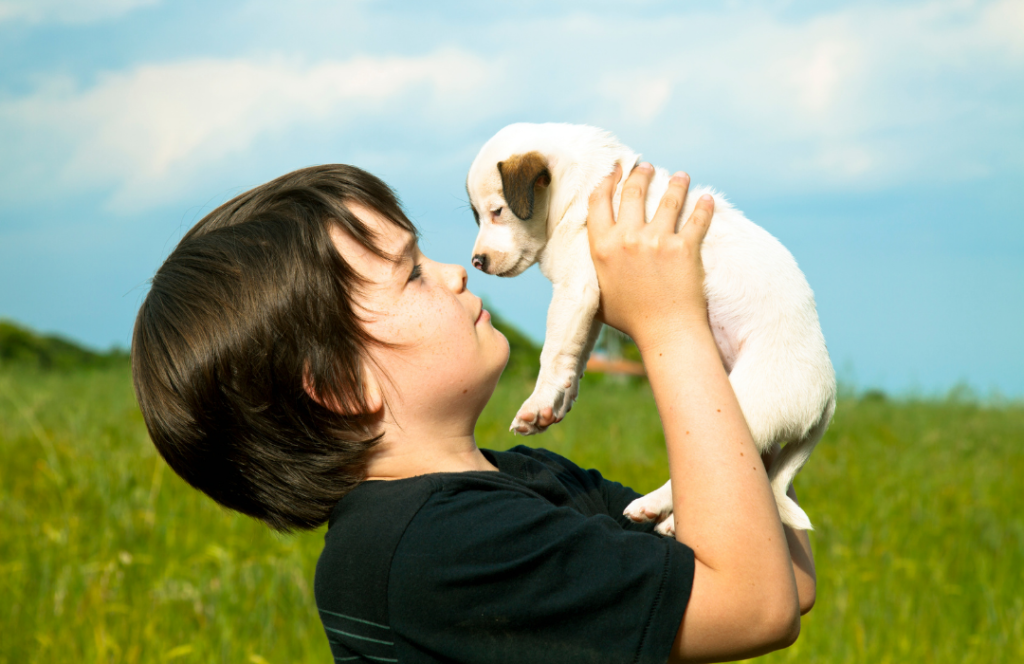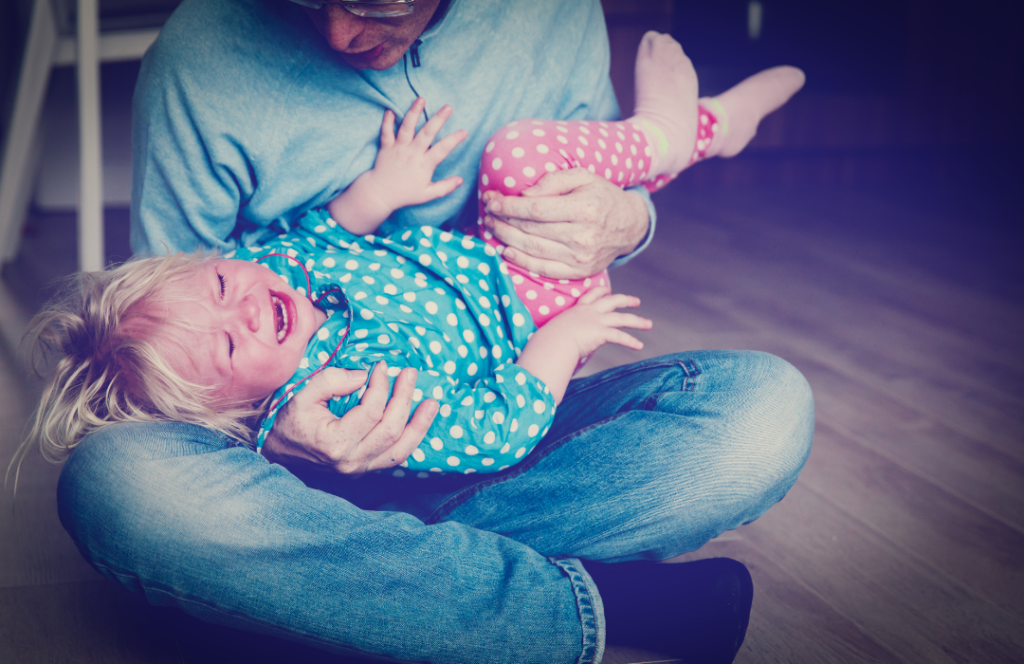
Responsive discipline
There is no control, only connection
What is responsive discipline?
What comes to mind when you think about discipline? Do you think of discipline as something that is negative? Maybe you think of punishment or withdrawal of privileges? Or is discipline something that can be done gently and responsively? What makes responsive discipline different from mainstream discipline?
Discipline is crucial when you’re a parent. Often, people equate responsive parenting with permissive parenting, where parents are on an equal footing with their children, parents allow them to make all their own decisions or to “rule the roost”. However, deep down, our children want us to be in charge, they want us to guide and direct them. This makes them feel secure and safe. Of course, there is sometimes pushback and resistance, which I’ll discuss in more detail further on. But the bottom line is that our children need to know we are in charge. This doesn’t mean that we control our children, though. There is a subtle difference.
Are you raising a puppy or a child?

If you’ve ever trained a puppy, you’ll know that you don’t punish them for peeing indoors, but you reward them for peeing outside instead. With time, they stop peeing indoors. This approach will work (to a certain extent) with children. Indeed, this behavioural approach (which seeks to control behaviour) has been the underlying principle for most child rearing/discipline books of the last few hundred years. We could be forgiven for thinking that positive discipline is when we don’t punish our children, but instead ignore the “bad” behaviour and reward the “good” behaviour. Is this really an approach that we want for our kids? Dogs are pack animals and need to know who the boss is (us, hopefully!) Children aren’t puppies though. We don’t want blind obedience, or life long dependence, from our children. We want them to grow up to be well rounded individuals who can make good decisions for themselves, who have good emotional stability, and have healthy relationships, based on respect, rather than control. And this is where discipline comes in. The sort of discipline that we aspire to as responsive parents.
When we discipline our children as responsive parents, this discipline is quietly authoritative and empathetic. We don’t focus on the behaviour, but instead, we focus on the emotion that drives the behaviour (Neufeld, Intensive 1 Making Sense of Kids). We empathise with our children and gently guide them from a place of connection, not control. We can’t control our children’s emotions, and therefore, ultimately we can’t really control the behaviour either, although we can set limits on the behaviour that we see. It’s a paradigm shift, and a really hard mental shift to make, especially if the only way we know how to deal with kids is to try to control their behaviour. With responsive discipline, there is no place for physical punishment, separation, threats, bribes, rewards, coercion or white lies. Instead, we hold boundaries with love and compassion and sit with the big emotions that our children display, rather than try to get rid of their frustration or anger, or suppress those emotional outbursts.
It’s ok for our kids to get upset

It is ok for our kids to have big emotions! When they are babies, we often do everything we can to avoid crying and upset. It is 100% appropriate to meet our babies’ needs. They can’t manipulate us or become spoilt. Therefore, when they cry, it is always important to act promptly and respond. As children get older, however, it is really important for them to learn how to navigate big emotions. It can be hard to see our children get upset, and often, our impulse is to step in and pacify them. But we have to understand that there are no “negative” emotions, there are just emotions. In order for us to live full and meaningful lives, we have to experience a full range of emotions, and also learn how to process those emotions safely. Our role as adults is to help our children process those emotions. This can be really difficult, especially if as adults we struggle to deal with our own big emotions, and we’re trying to stay calm. So many of us, as children, didn’t have a safe place to express our own emotions. So, when our children experience big emotions, we have to make a shift as adults. We have to learn how to sit with the discomfort, and perhaps examine how those big emotions show up for us. (Markham, 2012) Are we able to process them appropriately, or do we avoid or suppress them? Often, in order to be a responsive parent, we have to grow emotionally too. We have to learn how to deal with big emotions that show up for us, and that make us feel uncomfortable.
So what should you do when you need to hold a boundary?
Start with connection
The first thing you should do is focus on that connection you have with your child. Children under the age of six aren’t able to focus on more than one thing at a time. Deborah MacNamara talks about “collecting” your child (2016). This just means that you have to shift their focus from what they are doing back onto you, so that you are the focus of their attention. Then it becomes much easier to gain their cooperation. For example, if your child is watching tv, and they need to get ready to go out, don’t just turn the tv off. Instead, sit down beside them, talk to them about the show they are watching and get them to make eye contact with you as part of the conversation. When their attention is fixed on you, you can prepare them for the next transition. When children feel connected to us, they are more likely to cooperate
Use empathy, not logic
Don’t reason with your child, empathise instead. If they get upset because they can’t have a cookie before dinner, or because they have to leave the park, arguing rationally with them won’t help. If they are upset, they are being ruled by their emotions, not their logical thinking brain. When you empathise with them instead, you connect with the emotion behind the behaviour. They feel heard, understood and validated. (Markham, 2016) “I know, cookies are so yummy. I’d love to eat a cookie right now too.” Or “You’re having so much fun at the park and it’s hard to leave, isn’t it?”
Help your child move from mad to sad
Gordon Neufeld talks about moving from “tears of frustration” to “tears of futility” (Neufeld, Intensive One, Understanding Kids). This is how we know that children have accepted our guiding role as parents, and that they’ve processed the big emotions that they’re feeling when we hold a boundary. So, if your child is angry because you won’t let them do something, but you empathise and hold the boundary, then they have a little cry because they are sad, this is GOOD! This means they have worked through those big emotions in a way that is healthy and cathartic. They are learning that it’s ok to not get what they want, that they can survive disappointment and frustration, because you are there to support them through the process. When children feel like we are in charge, but on their side, and they do what we ask without controlling or coercing them, that is responsive discipline.
References
D McNamarra (2016) Rest, Play, Grow: Making Sense of Preschoolers (Or Anyone Who Acts Like One), Aona Books, Vancouver
L Markham (2012) Peaceful Parent, Happy Kids: How to Stop Yelling and Start Connecting, Penguin Group, New York
G Neufeld, Intensive 1 Understanding kids, accessed online: » NEUFELD INTENSIVE I: Making Sense of Kids (neufeldinstitute.org)
